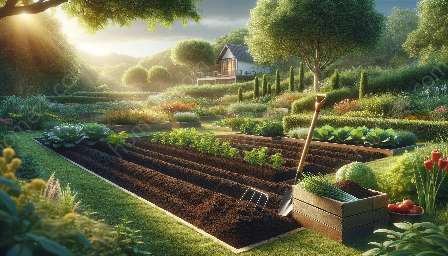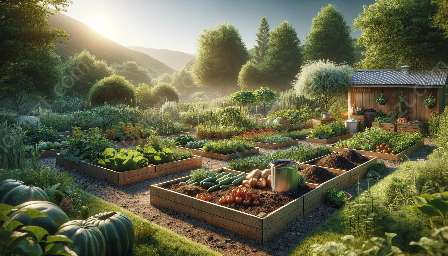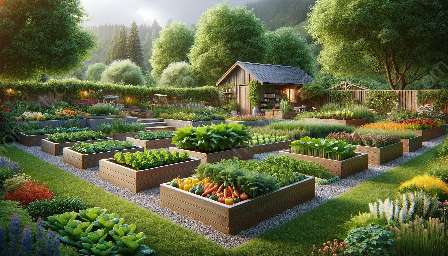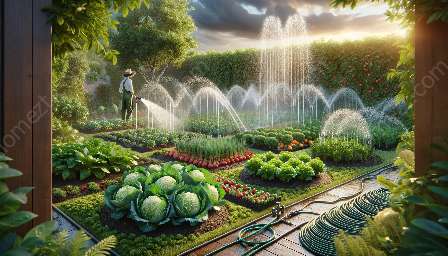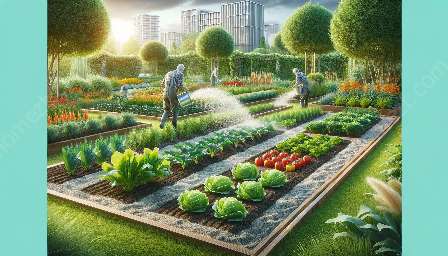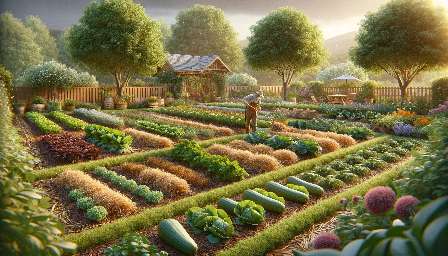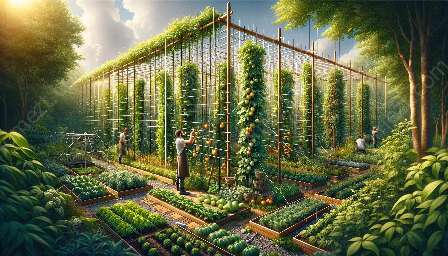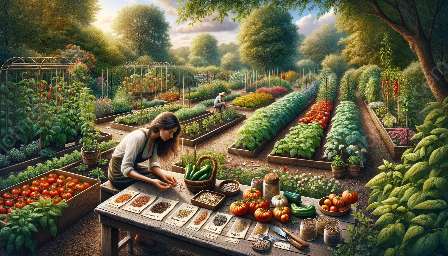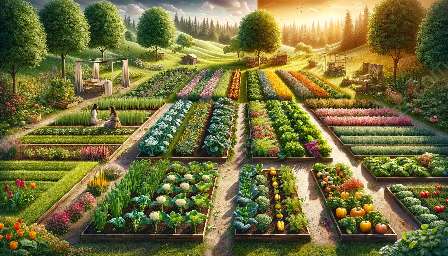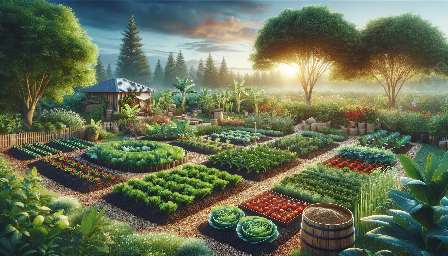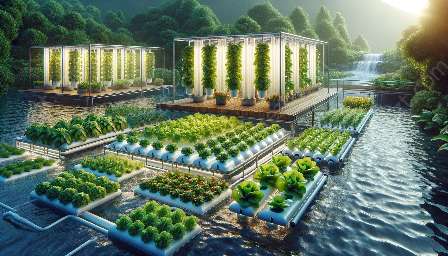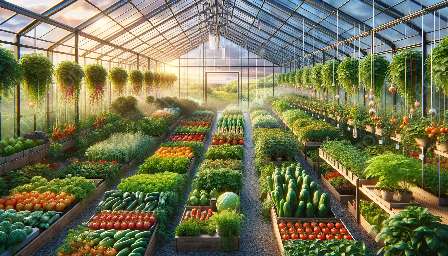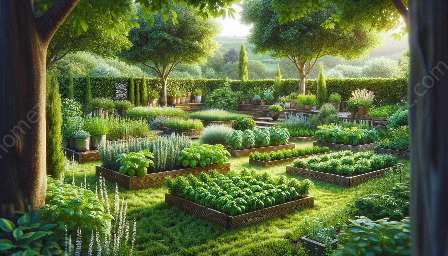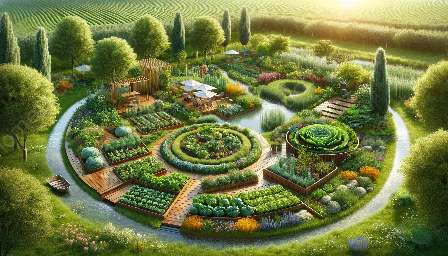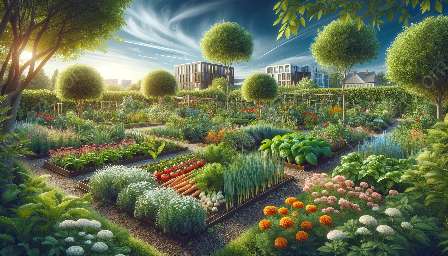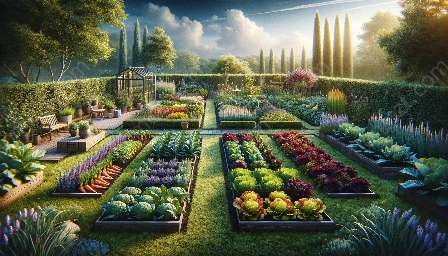Whether you're a beginner or experienced gardener, mastering planting techniques is essential for successful vegetable gardens. From soil preparation to companion planting, this comprehensive guide covers everything you need to know to enhance your gardening and landscaping efforts.
Soil Preparation
Before planting, it's crucial to prepare the soil properly. Start by testing the soil pH and adding organic matter to improve its structure and fertility. Incorporating compost, aged manure, and other organic materials can enhance the soil's nutrient content and water retention.
Seed Selection and Sowing
Choose high-quality seeds from reputable sources and select varieties suited to your region's climate. Follow the spacing and planting depth recommendations on the seed packets to ensure proper sowing. Consider using a seed starting mix for indoor sowing to promote healthy seedling growth.
Watering Techniques
Proper watering is crucial for healthy plant growth. Consider using drip irrigation systems or soaker hoses to deliver water directly to the plants' roots, minimizing water loss through evaporation. Mulching can also help conserve soil moisture and reduce weed growth.
Companion Planting
Utilize companion planting techniques to enhance the productivity and health of your vegetable garden. Pairing compatible plants and using natural pest-repelling properties can minimize the need for chemical pesticides and boost overall garden resilience.
Vertical Gardening
Maximize space in your vegetable garden by utilizing vertical gardening techniques. Trellises, stakes, and cages can support climbing plants such as tomatoes, cucumbers, and peas, allowing for better air circulation and more efficient space utilization.
Crop Rotation
Implement crop rotation strategies to minimize soil-borne diseases and nutrient depletion. Rotate plant families each season to maintain soil health and balance nutrient levels, resulting in healthier and more productive vegetable gardens.
Conclusion
By mastering these planting techniques, you can enhance the productivity and sustainability of your vegetable gardens. Whether you're focused on cultivating a small backyard plot or a larger garden space, these methods can help you achieve bountiful harvests while minimizing environmental impact.

